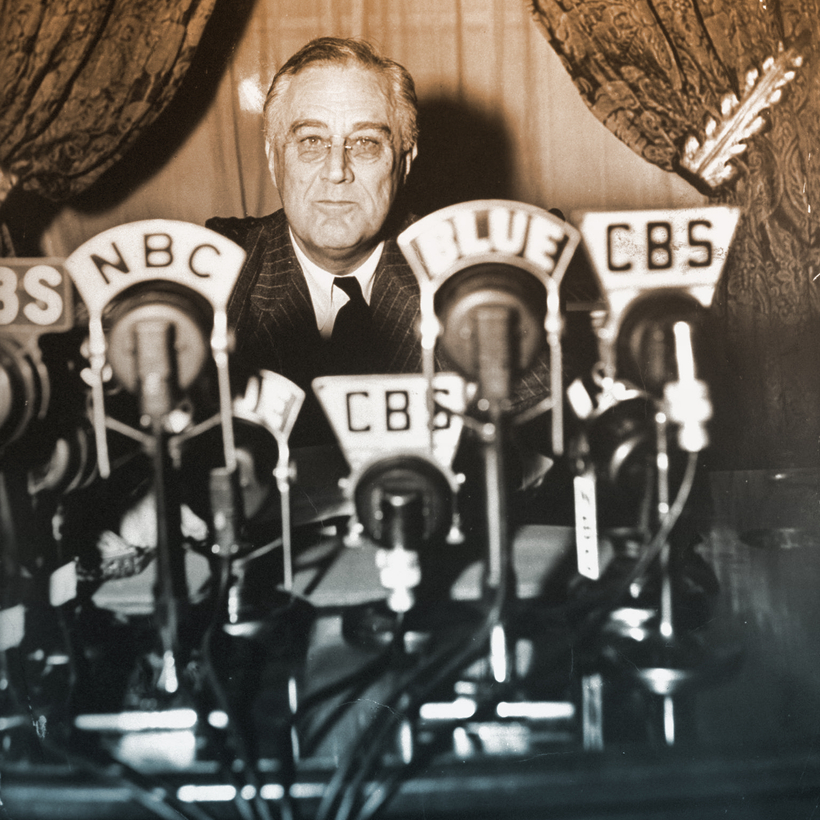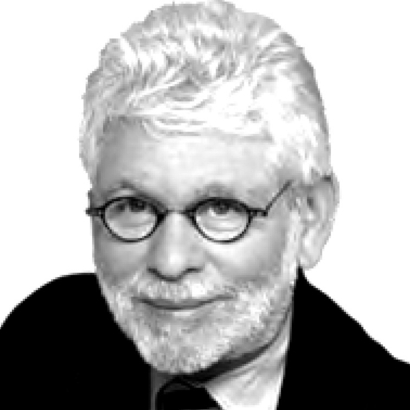In 1965, the year the first U.S. combat troops arrived in Vietnam, I was working at United Press International in New York and doing something called “filing the wire.” This entailed keeping foreign news off the main “A” wire and, west of the Mississippi, all United Nations news off the subsidiary “B” wire. U.P.I. was serving its customers, and they, small-town newspapers and weak-signal radio stations, had no interest in foreign news. This was the other America.
That insularity, that xenophobia, is really what Robert Kagan’s gripping book The Ghost at the Feast is all about. The title comes from an observation by Harold Nicolson, the British politician and diarist, that America was a mere specter at the meetings that discussed the international affairs of his day. The seat reserved for it was never taken.


